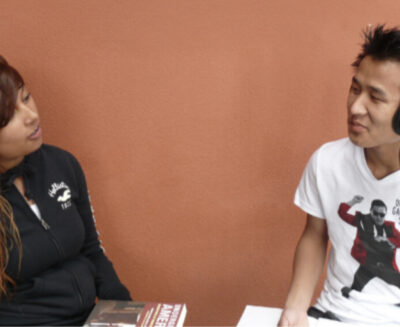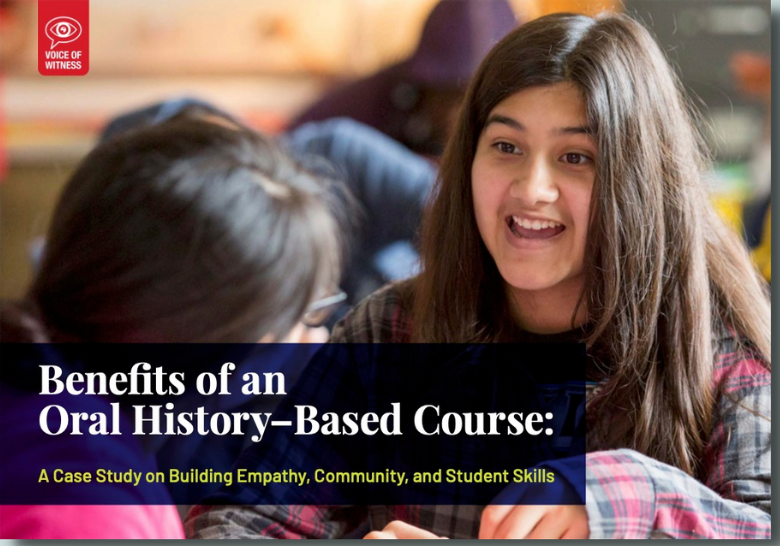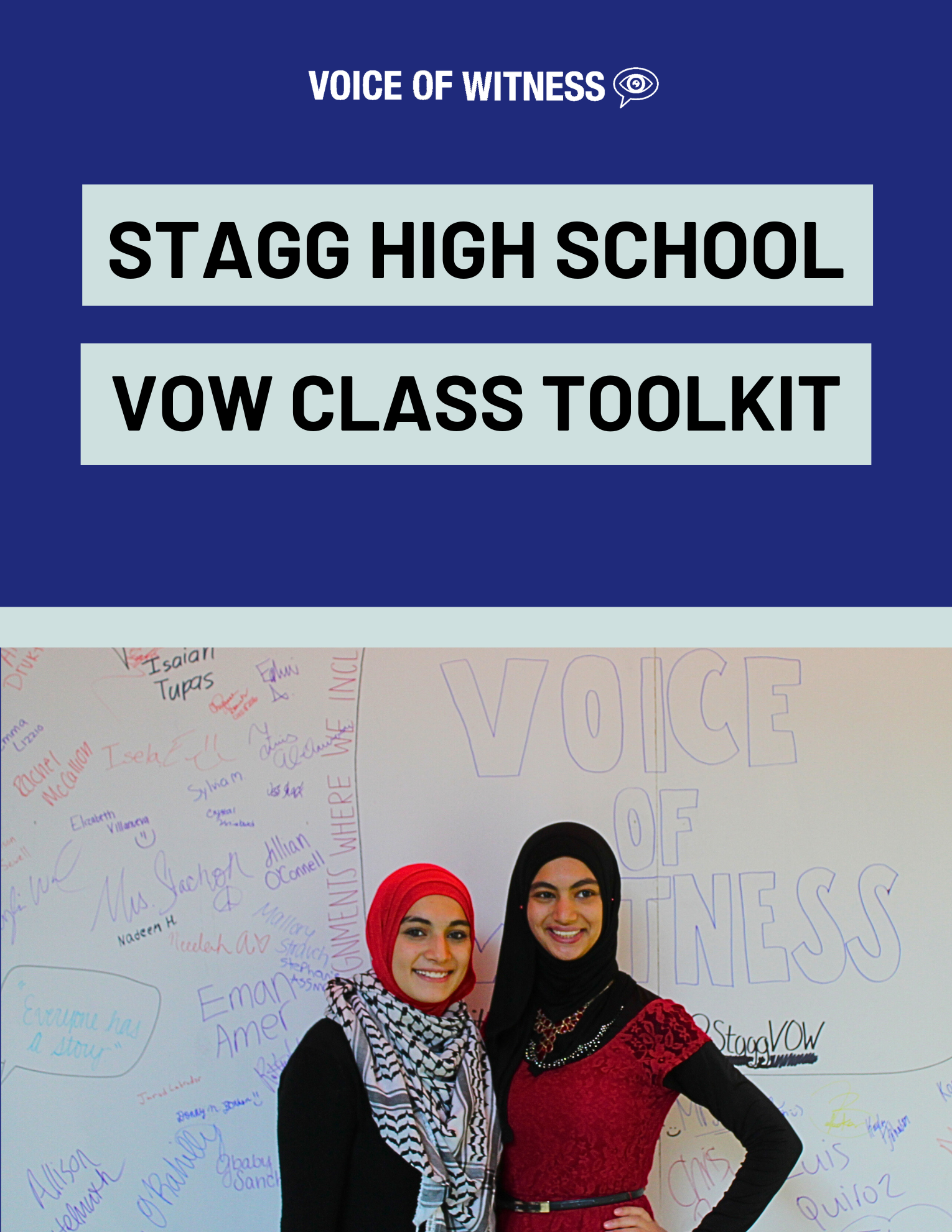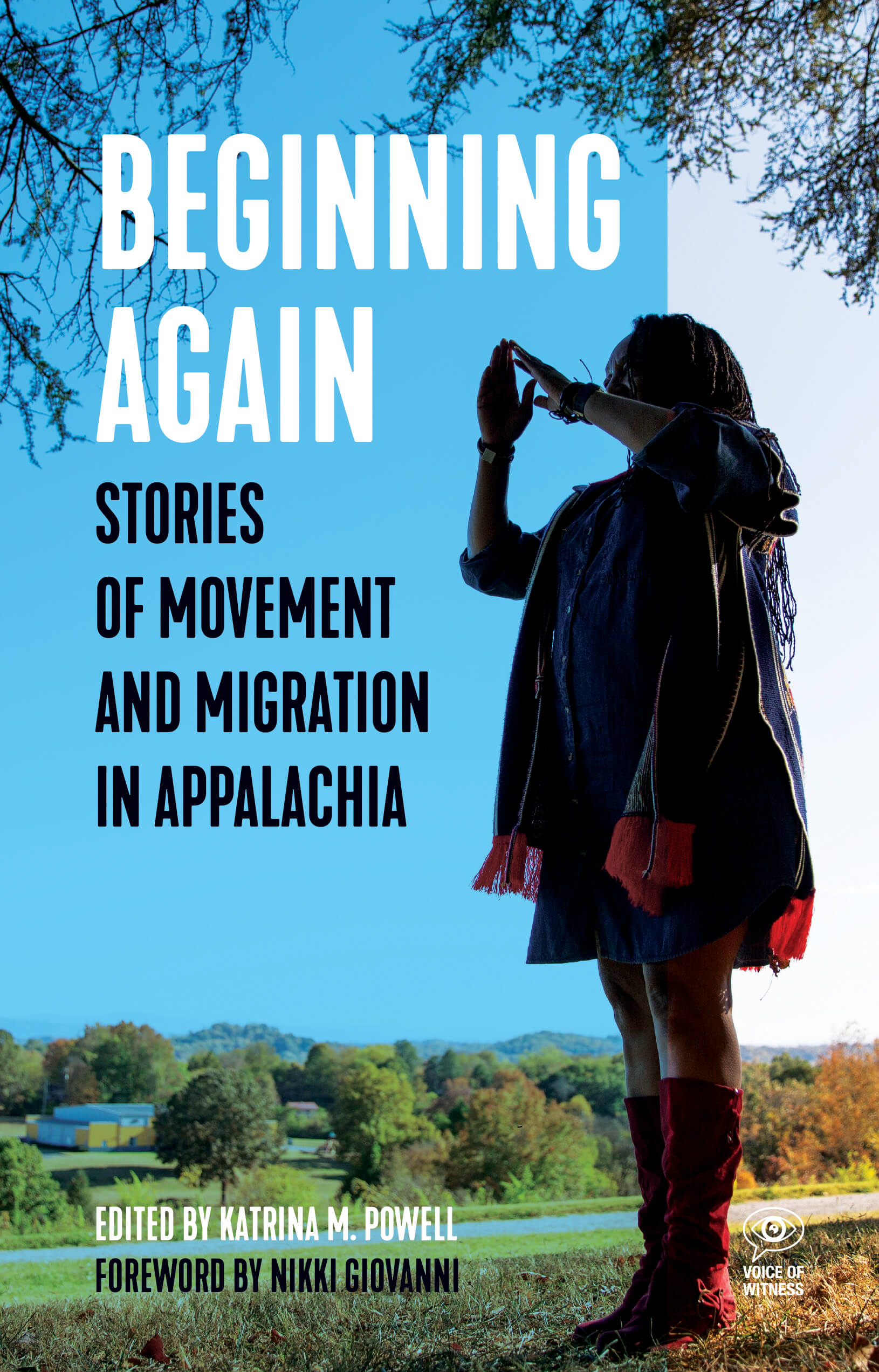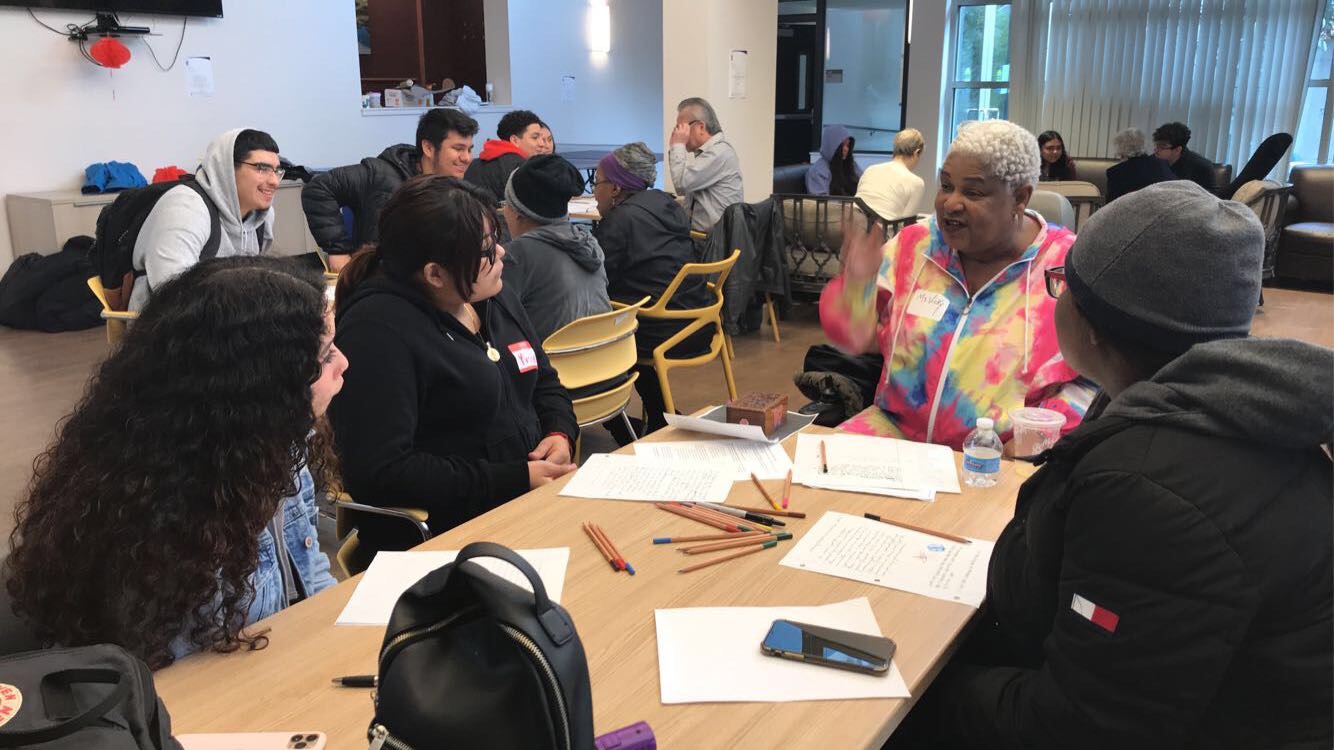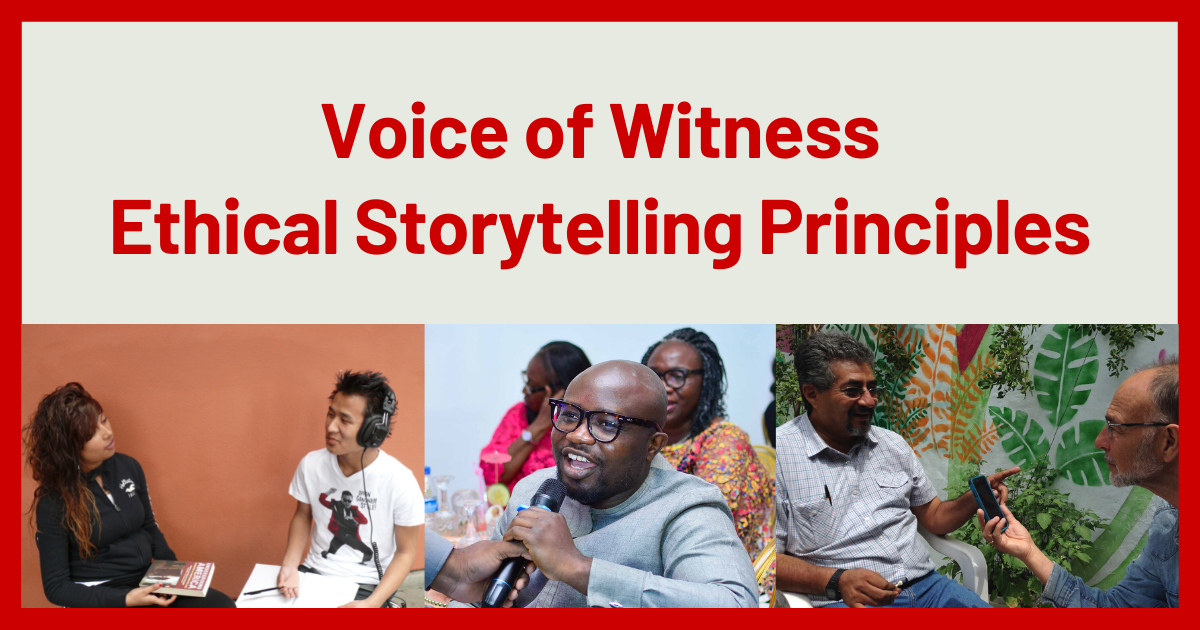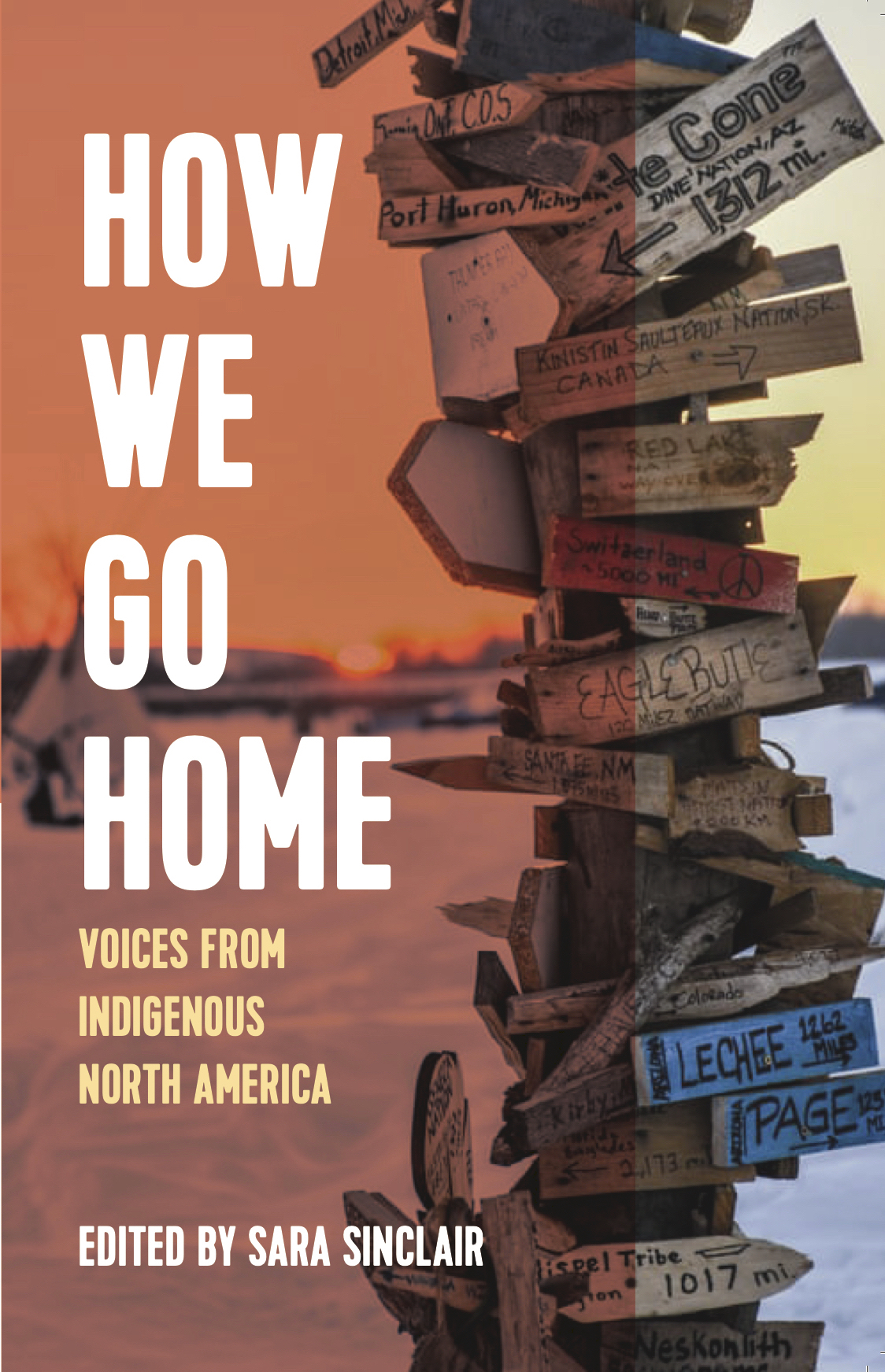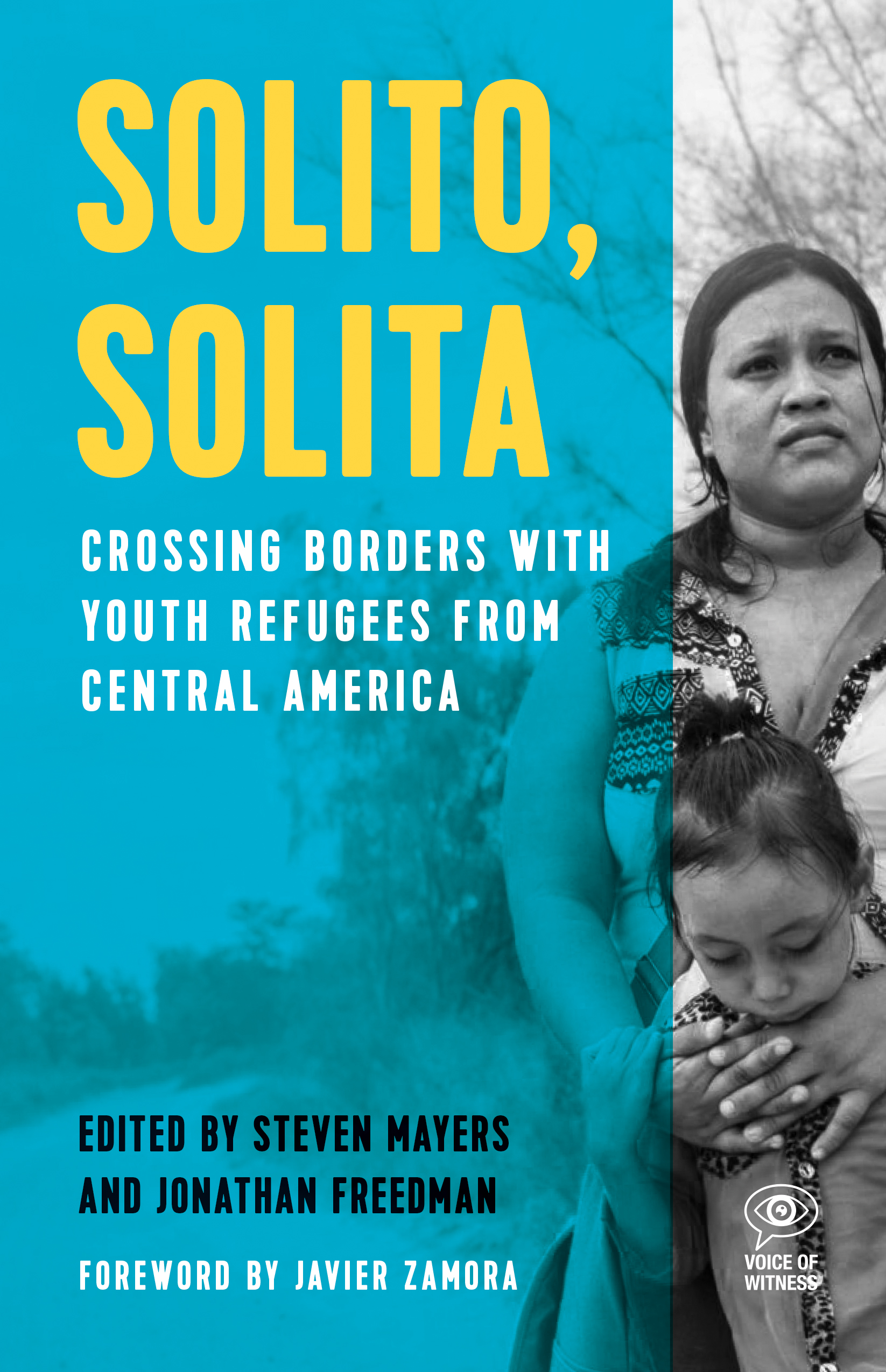Oral history is a valuable tool for education, community building, and advocacy. Sharing first-person stories from people—in their own words—illuminates issues and events in a powerful way.
Voice of Witness creates oral history resources to support individuals, organizations, and classrooms with ethical storytelling, community-based oral history projects, and human rights education. We have seen firsthand how they resonate with participants of all kinds, inspiring connection and belonging, empathy, and community engagement. All lesson plans are Common Core-aligned and feature social-emotional learning practices.
Learn more about the benefits of oral history and the impacts of oral history education.
Resource Type
Resource Topic
Grade Level
Keyword Search
Benefits of an Oral History–Based Course: A Case Study
What are the unique benefits of an oral history-based course? Read our case study that evaluates the short- and long-term impact on student learning.
Reports • Grades 6-8 • Grades 9-12
Stagg High School VOW Class Toolkit
This toolkit shares a collection of high-impact projects and assignments for educators interested in creating their own oral history units or classes.
Guides and Toolkits • Grades 6-8 • Grades 9-12
Beginning Again: Stories of Movement and Migration in Appalachia Curriculum
These lessons explore oral histories that examine the complexities of why people leave, why people stay, and and the systems that interact with individual choice. The curriculum is rooted in an Ethnic Studies framework that questions dominant narratives and promotes critical thinking around not only the Appalachian region, but migration and displacement in general.
Book Curricula • Lesson Plans • Grades 6-8 • Grades 9-12 • Higher Ed
Deep Conversation Starters for Relationship Building
This single-page handout contains over twenty prompts to spark new stories, deepen bonds, and create a safe and brave space for sharing.
Discussion Questions • Guides and Toolkits • Grades 6-8 • Grades 9-12 • Higher Ed
Ethical Storytelling Principles
VOW’s ethical storytelling principles are grounded in values of respect, dignity, empathy, transparency, collaboration, and equity. These principles are relevant to many forms of community-based storytelling and programs.
Guides and Toolkits • Grades 9-12 • Higher Ed
How We Go Home: Voices from Indigenous North America Curriculum
The lessons use oral history to promote a nuanced understanding of Indigenous communities and settler colonialism.
Book Curricula • Lesson Plans • Grades 9-12 • Higher Ed
Solito, Solita: Crossing Borders with Youth Refugees From Central America Curriculum
While confronting the impacts of immigration policies and harsh realities of the day-to-day experiences of youth refugees, these lessons also highlight the role of hope, community, and resilience. The lessons are culturally relevant for students who have experienced migration, as well as students encountering these issues for the first time.
Book Curricula • Lesson Plans • Grades 6-8 • Grades 9-12 • Higher Ed
Mi María: Surviving the Storm | Voices from Puerto Rico Curriculum
The lessons reflect an Ethnic Studies framework and invite teachers and students to form a nuanced, empathy-based understanding of the issues facing Puerto Ricans today, and the social, cultural, and historical forces that inform their experiences.
Book Curricula • Lesson Plans • Grades 6-8 • Grades 9-12 • Higher Ed

